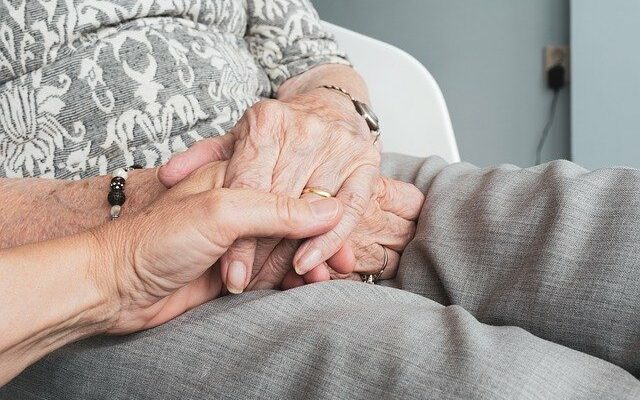Dying without a Will makes life even harder for those left behind following a bereavement and can be the cause of all kinds of disputes and family rifts. The law decides who gets what and how much when you don’t leave a will when you die – it doesn’t matter what your relationship with those people was like when you were still alive.
With the modern family things get even more complicated. Without a Will, your spouse or civil partner may not inherit ALL of your estate automatically and common-law partners may not receive anything at all even to the extent of being forced out of their home. Add to that, not having a Will can cause lengthy delays for your state dictated beneficiaries.
A good example of the possible issues that can arise from not having a Will is the case with Jimi Hendrix. The American rock star did not leave a Will after he died in 1970. As a result of that his father Al Hendrix inherited his son’s £51 estate and left it to his step-daughter, which prompted a lawsuit by Jimi’s biological son.
Dying without a valid will is called intestacy or dying intestate.
The law about exactly who gets what is different in England & Wales, Scotland and Northern Ireland, but there are some common problems wherever you live.

Potential problems in case you don’t have a Will:
- Your partner is not legally entitled to anything when you die if you’re not married and not in a civil partnership.
- If you’re married, your spouse might inherit most or even all of your estate and your children might not get anything (except in Scotland). This is the case even if you are separated but not if you’re divorced.
- If you have children under the age of 18, you need to appoint Guardians within a Will otherwise in the even of the death of both natural parents they children will become Wards of the Court who will decide where they live and how they are educated and this will not necessarily be with the people or family that you would have chosen for yourself.
- If you have children or grandchildren, how much they inherit will depend on where you live in the UK – but if you make a Will you can decide this yourself.
- Any Inheritance Tax that your estate has to pay might be higher than it would be if you had made a Will.
- If you die with no living close relatives, your whole estate will belong to the Crown or in other words – to the government. This law is called bona vacantia.
Any assets that you own jointly with someone will pass by survivorship to the surviving joint owner and not under the intestacy rules. It’s important that you understand whether you own an asset as “joint tenants” or as “tenants in common” in order to establish who will inherit the asset or your share of the asset.
It is also important to ensure that you obtain professional advice when preparing your Will and that it is correctly drafted in accordance with your wishes, making the best use of the various IHT saving incentives available. You should also ensure that your Will is drafted by a qualified and regulated professional (not an unregulated Will-Writer) and be wary about using “free Will Writing Services” as you are unlikely to be given proper professional advice upon the draft and sadly by the time a problem becomes apparent you may well have past and are unable to make any rectification to the problem but have left a problem for your beneficiaries.
It’s safe to say that everyone who has any type of asset which he/she would wish friends, relatives or charities to benefit from should have a Will. For any questions and queries regarding Wills, Probate and LPA contact Angie Newnham today on 01202877400 – Option Private Client/Wills & Probate.



